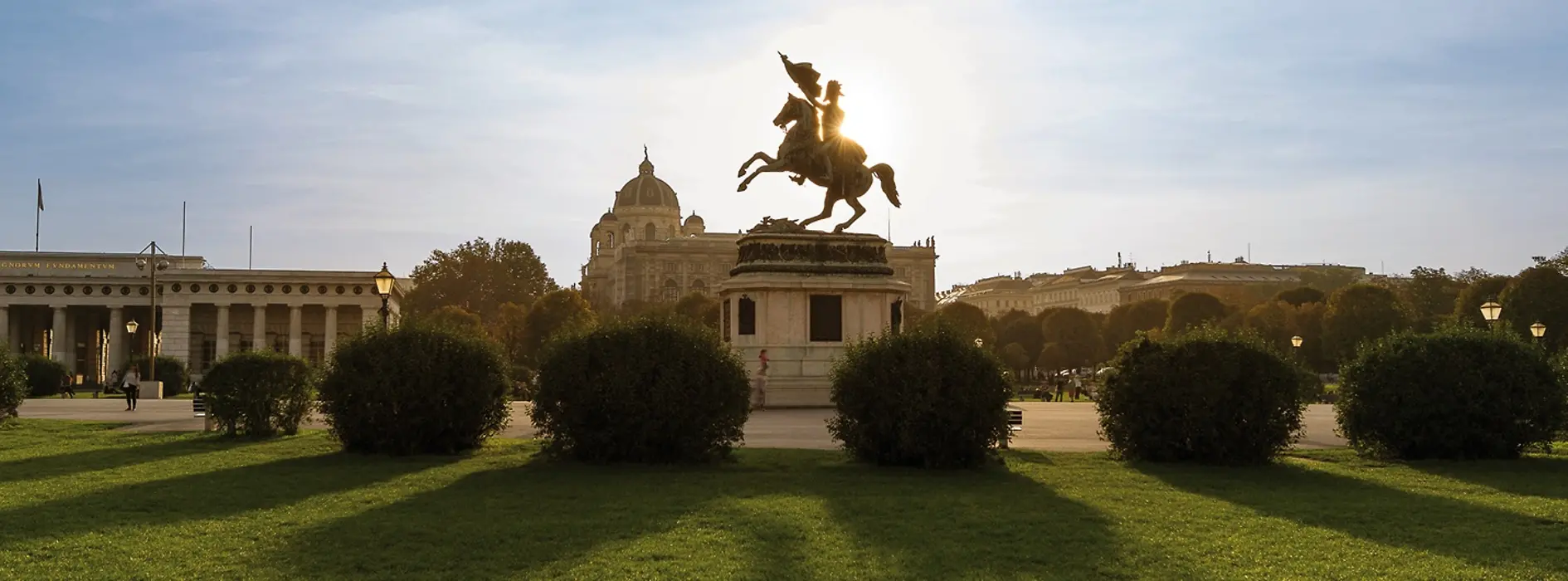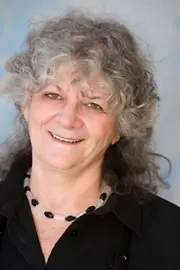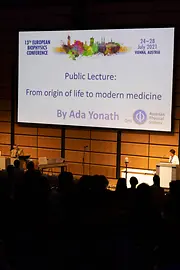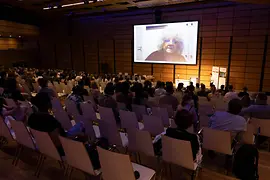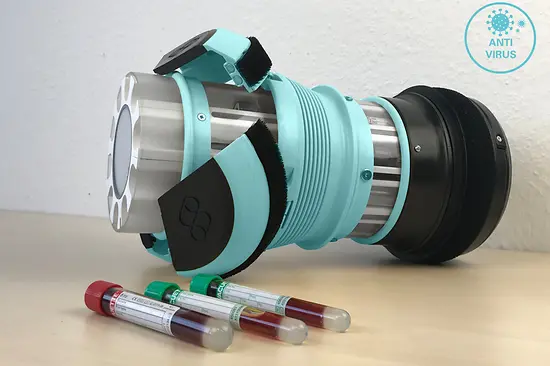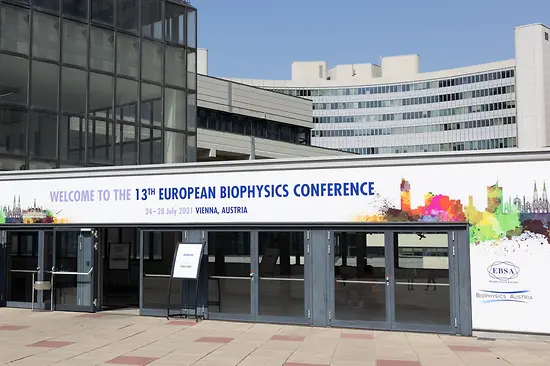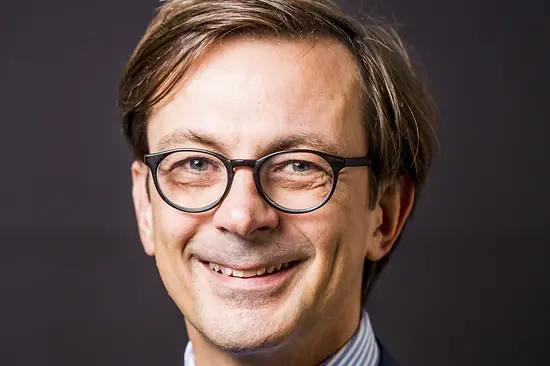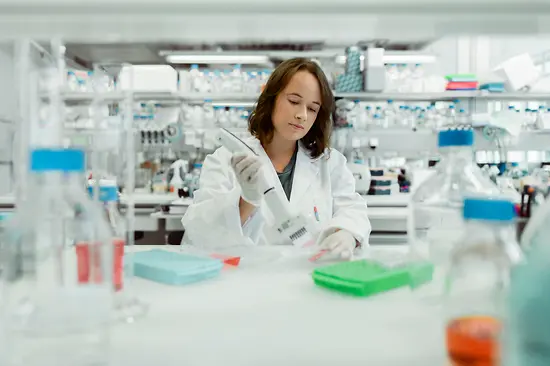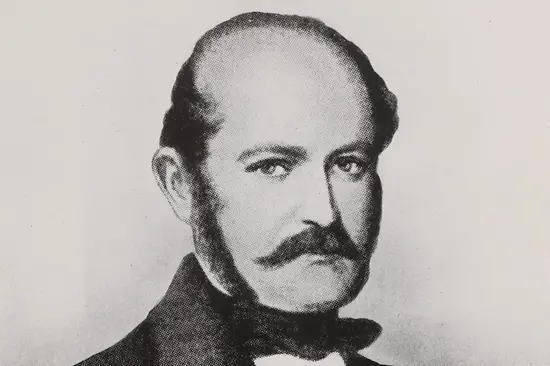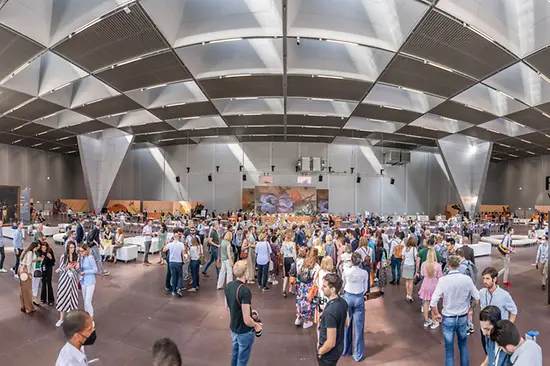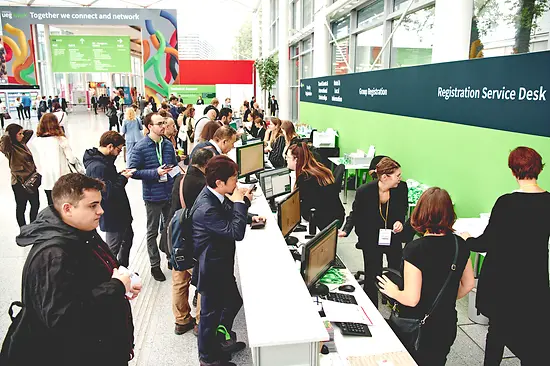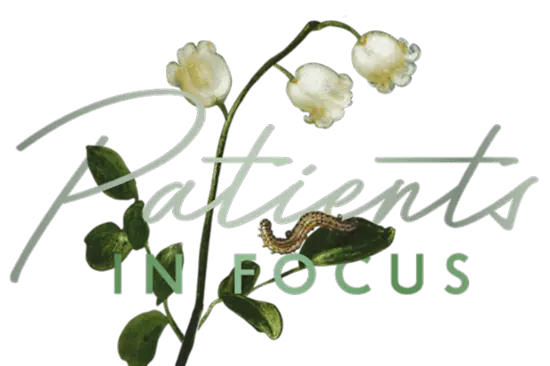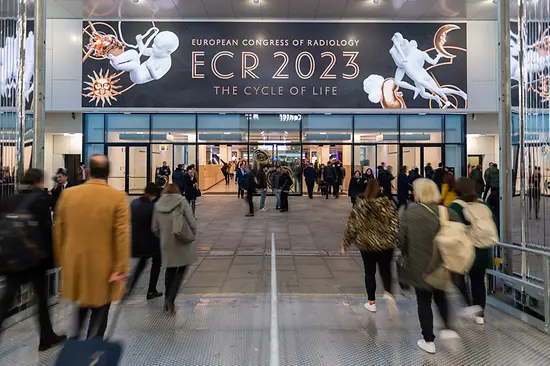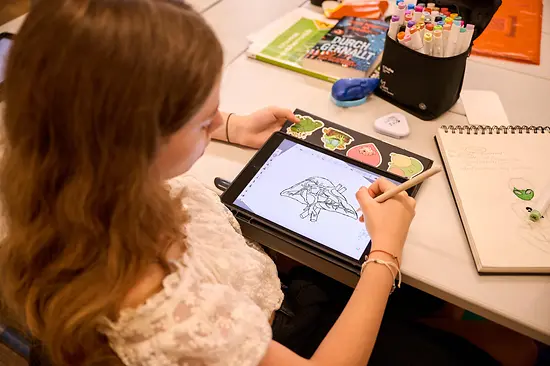Curiosity as a driver for science
Digitally connected, Ada Yonath gave a Public Lecture on the first day of EBSA 2021. The structural biologist from Israel is employed at the Weizmann Institute of Science in Rechowot (Israel) and is considered a pioneer in the structural elucidation of ribosomes (cell organelles). In 2009, she and two other scientists were awarded the Nobel Prize in Chemistry "for studies on the structure and function of the ribosome."
We had the opportunity to ask her a few questions and first wanted to know what has always fascinated her about research – especially biochemistry. "My curiosity drove me. And, I did not study biochemistry. I studied chemistry, then biophysics and specialized in crystallography," says Ada Yonath, explaining her career path. Despite numerous critics, the scientist never gave up. What drove her to keep pursuing her goals and not give up even after 25,000 attempts to analyze ribosomes with X-rays (crystal structure analysis)? “My curiosity drove me. The 25,000 experimental conditions (not attempts) were actually a rather simple experiment, which owing to my own design lasted less than 3 months."
Ada Yonath did not attribute great importance to being awarded the Nobel Prize, as only the 4th woman in the field at the time, "I was much more fascinated by my scientific discoveries than by the Nobel Prize. In addition, since science is gender irrelevant, I did not care much about my position in the list." Getting young people excited about research is easy, according to the scientist, because: "They are curious."
Meetings like EBSA 2021 remain important. “These congresses provide means to meet researchers and exchange ideas," Ada Yonath says.
